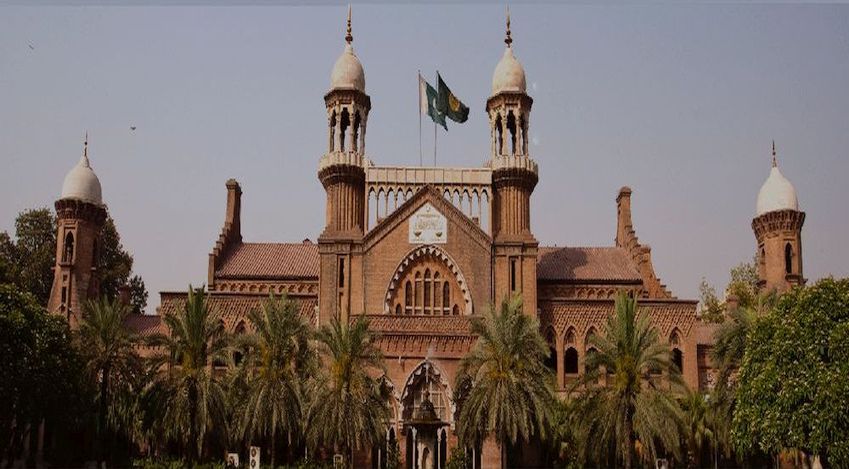Procedural Requirements, such as the Right to Cross-Examine, must be strictly followed to ensure Justice --- Lahore High Court, Lahore
Islamabad 21-10-2024: The Lahore High Court has overturned a judgment delivered by the Civil Judge, Lahore, in a commercial dispute between SAASA Corporation (Pvt) Ltd and M/s SEFAM Pvt Ltd concerning an agreement for the installation of an elevator. The Lahore High Court found that the trial Court failed to follow proper procedure by denying the appellant (SAASA Corporation) the opportunity to cross-examine the respondent’s (SEFAM Pvt Ltd) witnesses after consolidating the cases.
The appellate bench, presided over by Mr. Justice Ch. Muhammad Iqbal, allowed the appeal filed by SAASA Corporation and set aside the trial Court’s judgment and decree dated November 29, 2022. The case has been remanded to the trial Court with explicit instructions to ensure a fair trial by granting the appellant two opportunities to cross-examine the respondent’s witnesses.
The dispute arose from a contract dated February 23, 2017, between the parties for the supply and installation of an elevator by SAASA Corporation at one of SEFAM’s commercial sites in Karachi. SEFAM claimed that SAASA Corporation breached the contract by failing to complete the project on time and sought recovery of Rs. 65,279,570, which included losses for business goodwill and sales. In turn, SAASA Corporation filed a counterclaim for Rs. 61,35,326 for payments due under the contract.
In the original decision, the trial Court had partially decreed SEFAM’s claim, ordering the recovery of Rs. 30,57,750 for advance payments made by SEFAM but dismissed SAASA Corporation’s counterclaim. Dissatisfied with the decision, SAASA Corporation filed an appeal, arguing that its right to a fair trial was violated because it was not given an opportunity to cross-examine SEFAM’s witnesses after the two cases were consolidated.
The Lahore High Court’s ruling emphasized that cross-examination is a vital part of ensuring a fair trial, as guaranteed under Article 10-A of the Constitution of Pakistan. The Court found that the trial Court’s failure to allow cross-examination breached the appellant’s constitutional rights and the Code of Civil Procedure (CPC), Order XVIII, which governs trial procedures, including witness examination.
The Court further highlighted that consolidation of suits under Section 151 of the CPC is permissible to avoid conflicting judgments and reduce litigation. However, procedural requirements, such as the right to cross-examine, must be strictly followed to ensure justice.
The Lahore High Court ruled that the trial Court’s denial of the appellant’s right to cross-examine the respondent’s witnesses after consolidating the suits was a violation of fair trial principles. The appellate Court set aside the judgment and remanded the case for a fresh trial, directing the trial Court to conclude the proceedings within four months.
Mr. Justice Ch. Muhammad Iqbal noted that, upon consolidation of the suits, the trial Court should have re-opened the cross-examination stage, as per Order XVIII of the CPC, and cited several precedents supporting the appellant’s right to cross-examination. The Court also instructed the trial Court to give both parties two fair opportunities for cross-examination and to decide the case on merits.
The Court referenced several notable cases, including Muhammad Yaqoob Vs. Behran Khan (2006 SCMR 1262) and Muhammad Ijaz Vs. Muhammad Shafi (2016 SCMR 834), to reaffirm the principles of consolidation of suits and procedural fairness.
This decision reinforces the importance of adhering to procedural law in civil trials, particularly regarding the right to cross-examination, which is integral to a fair trial. It also serves as a reminder to lower Courts to ensure that, after consolidation of suits, all procedural requirements are strictly followed to avoid prejudice to any party.
The case will now proceed before the District Court, with both parties directed to appear on October 28, 2024, for a fresh trial.
Powered by Froala Editor








